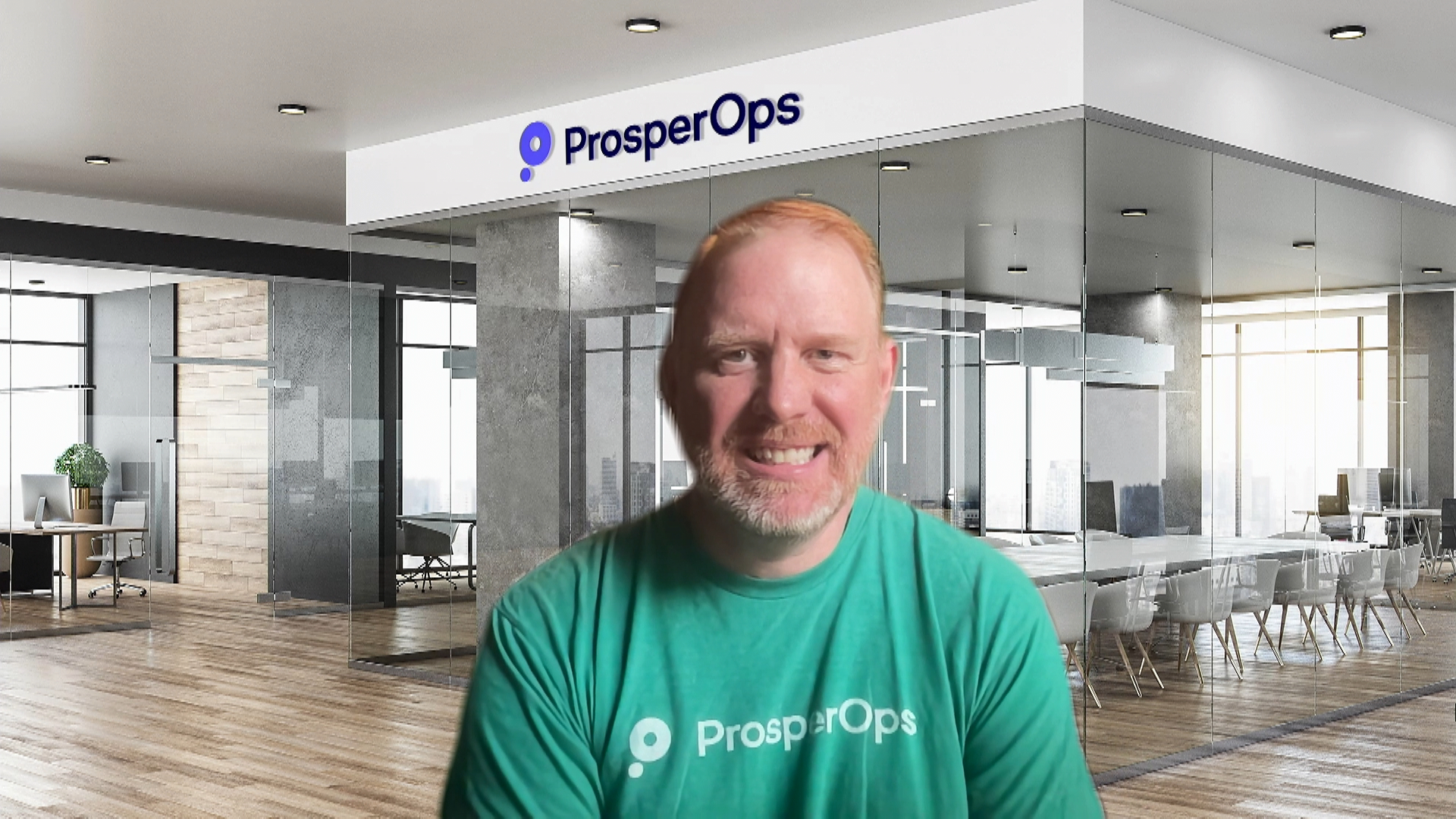 CLOUD
CLOUD
 CLOUD
CLOUD
 CLOUD
CLOUD
Generative artificial intelligence has taken the tech world by storm in recent months, the FinOps space included.
Given the current macroeconomic environment everyone is living through, many, including ProsperOps Inc., a company with a platform that helps other companies reduce public cloud expenses, believes cost optimization is as important as ever. All three co-founders of ProsperOps used to work at Rackspace Technology Inc., partnering with Amazon Web Services Inc. and helping customers manage a number of things on AWS, including cost.
“We were combining current tooling, which was kind of recommendation and visibility-based with human experts,” said Erik Carlin (pictured), one of the co-founders and chief product officer at ProsperOps. “We were seeing that the cloud was just so complex, so dynamic, that the outcomes that were being received in terms of cost optimization were very suboptimal. And we took a step back and said, ‘There has to be a better way.’”
Carlin spoke with theCUBE industry analyst Lisa Martin at the “Analytics and Cost Optimization” AWS Startup Showcase, during an exclusive broadcast on theCUBE, SiliconANGLE Media’s livestreaming studio. They discussed the company’s AI-enabled automation platform and how it reduces waste in a cloud environment. (* Disclosure below.)
During ProsperOps’ founding, many questions were posed. How do you take challenges around the cloud and make them a 100% computer science problem? How do you watch environments in real time? And how do you optimize them to where you can remove the waste from the environment and then reduce customers’ bills so that they’re just paying for exactly what they need?
The platform that the three co-founders eventually ended up with involved an effort to move away from humans having to do the work to optimize.
“What’s different about ProsperOps is that we are not a visibility and recommendation tool. We are an AI-enabled automation platform that delivers outcomes for customers,” Carlin said.
ProsperOps allows users to configure some settings in the platform, which then points toward the customer’s environment.
“And that’s it. The human is sort of out of the process. Our platform is watching and doing all of the work to effectively optimize your environment. And at the end of the day, we effectively write our customers a check every month,” he said.
If one considers an average company’s costs, people and cloud bills rank as number one and number two, respectively, according to Carlin. Recent layoffs in the tech space indicate companies are trying to save costs. But the same thing is also happening in the cloud.
“There’s no question about it. Generally, we’re interfacing with an engineering leader of some sort, could be a vice president of engineering, director of engineering,” he said. “More and more, we’re having conversations with chief technology officers. You can see this issue just becoming more relevant given the current macroeconomic environment.”
The company’s fundamental mission is to solve the problem of waste, according to Carlin.
“The cloud is very powerful, right? You have programmatic access to all of these resources, but that gives you a lot of agility and a lot of power. But it also means that you can create things that you don’t necessarily need or want,” he said. “The dynamism makes it very difficult to optimize. Our mission of ProsperOps is really to attack waste in the public cloud.”
ProsperOps uses a FinOps metric called the Effective Savings Rate. In order to wrap one’s head around that, it is important again to consider the concept of waste, according to Carlin.
“If you think about the run rate of AWS and Andy Jassy’s last shareholder letter, he said it was about $80 billion. It’s been estimated that about 30% of all cloud spend is waste,” Carlin said. “If you think about that, that’s like a $24 billion problem, where this is a huge opportunity for customers to go and optimize in ways that they can reclaim that spend.”
That figure is to provide a sort of order of magnitude when talking about attacking waste, according to Carlin. That figure is also just AWS and doesn’t include the other clouds.
“Speaking of quantifying things, that’s really what ESR is about,” he said.
So how does that relate to return on investment?
“It is the ROI of cloud savings. You can think about it that way,” he said. “It’s, basically, how much did you save over what you would’ve otherwise spent? That is your savings rate.”
Here’s the complete video interview, part of SiliconANGLE’s and theCUBE’s coverage of the “Analytics and Cost Optimization” AWS Startup Showcase event:
(* Disclosure: ProsperOps Inc. sponsored this segment of theCUBE. Neither ProsperOps nor other sponsors have editorial control over content on theCUBE or SiliconANGLE.)
THANK YOU